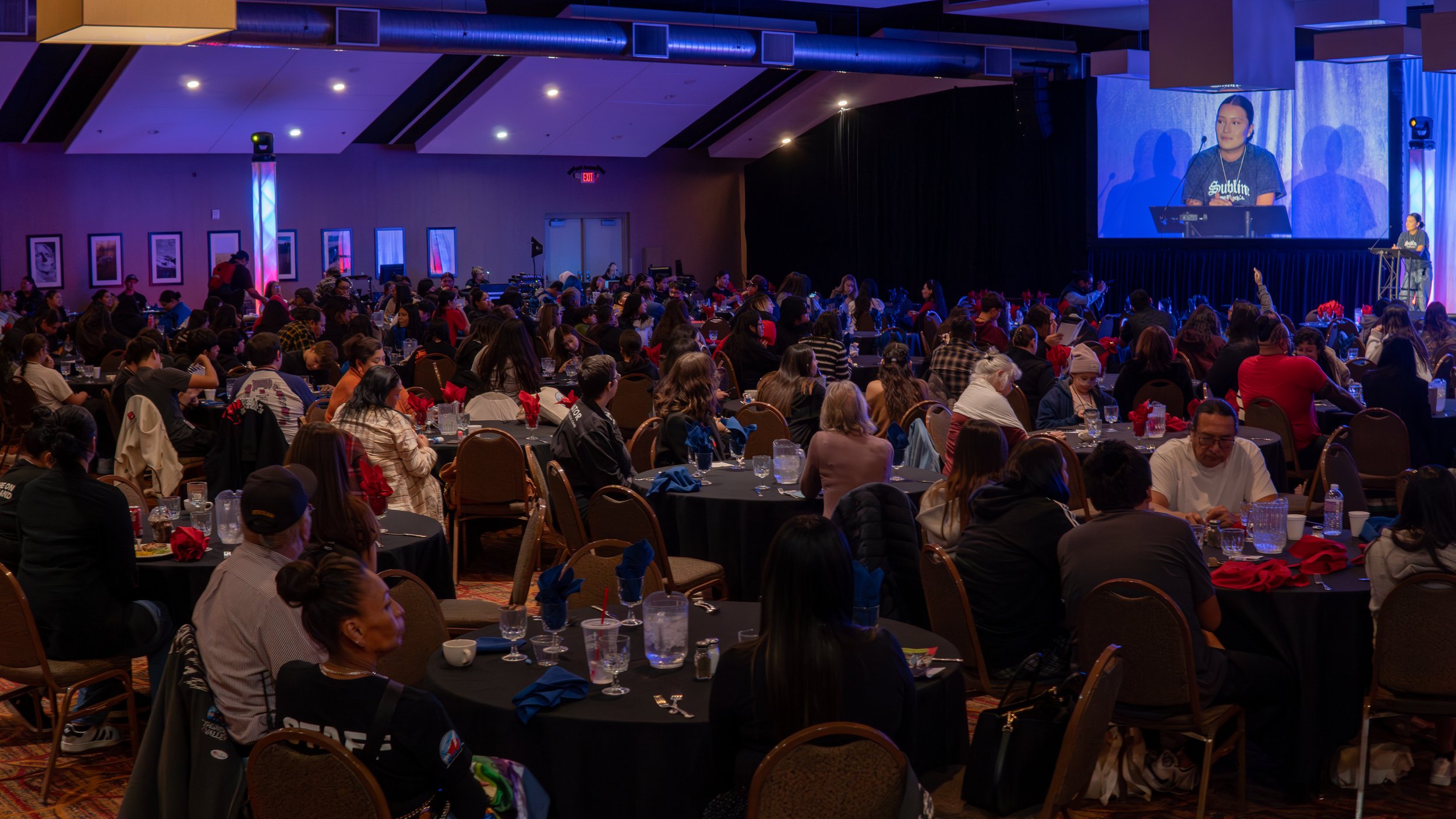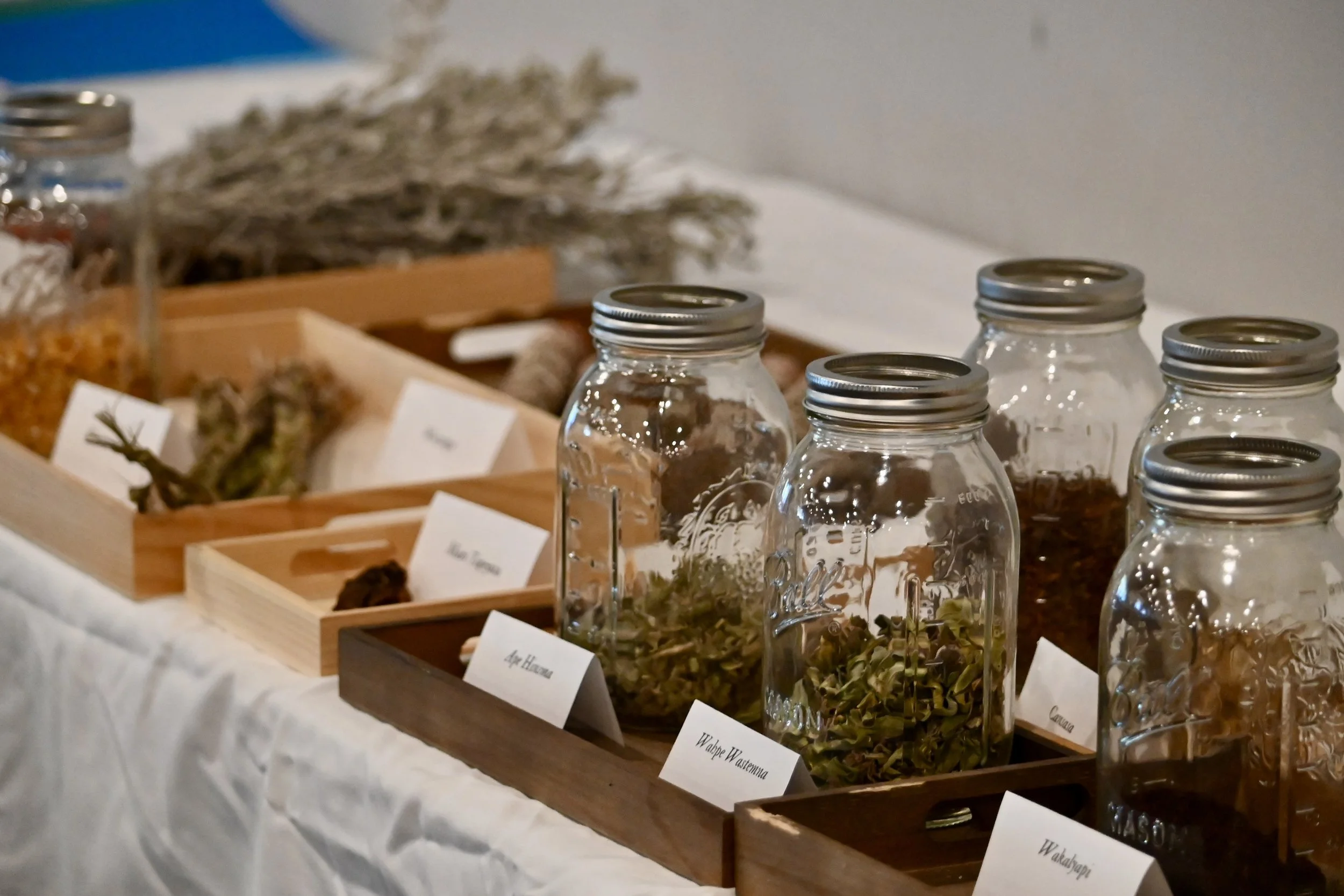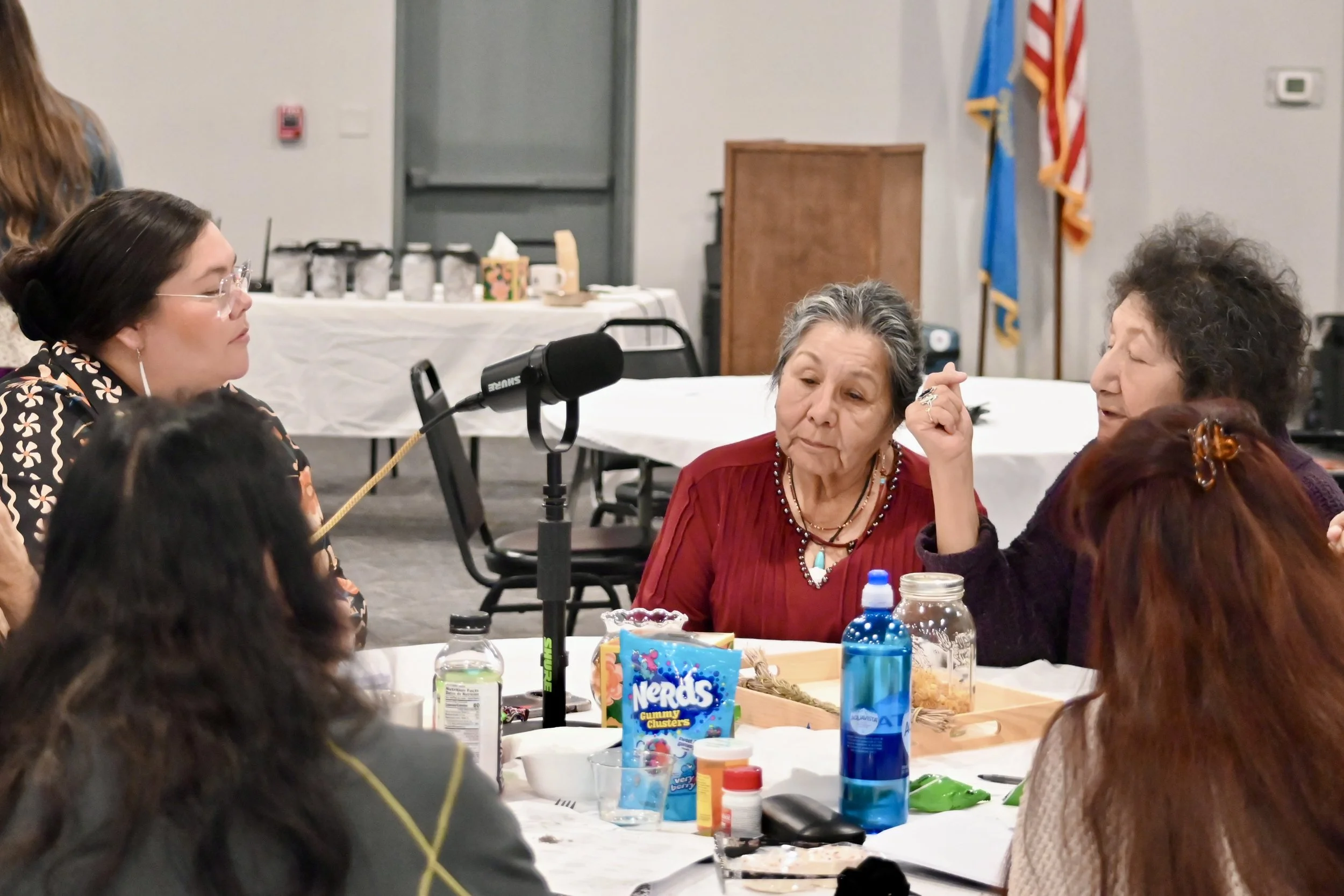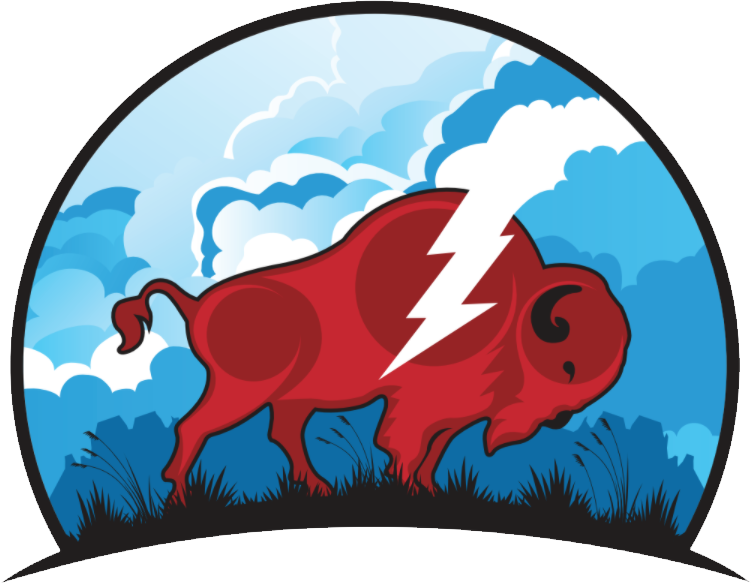2026 Ohunkankan Storytelling Series
Call for Presenters
Lakota Advocacy Center
Our Lakota Advocacy Center is developing the collective voice of our people by relearning and propagating traditional ecological teachings, conducting and sharing climate change research, and training advocates to support community-led, effective and informed action. The three interrelated pillars of this work are women’s health and safety, plant sovereignty and climate change.
Thunder Valley is a leader in the growing Women’s Equity Movement, which formed spontaneously from the network we developed to take essential supplies to our remote-living relatives while cleaning and food supplies were hard to come by in the first days of the pandemic. As we did that work for our relatives, the network realized that there was another epidemic confronting our community: Violence against women. We have hosted events all around Oglala Mak̇oċe (Oglala territory) to bring together leaders, build community and share resources as we work together to end violence against girls and women.
Part of this work has been rebuilding traditional women’s societies and relearning our traditional roles as leaders. We are working with elders and knowledge bearers to cultivate our understanding of plant relatives within our homeland and relearn their uses as medicines. By relearning this knowledge we will relearn our traditional responsibilities to the land, restore these plants in our area to ensure that they are able to care for us in future generations. Cultivating our understanding of these relatives will help us relearn and reclaim our traditional role as stewards of the land. Before colonization, we worked with the earth and its plants to enhance ecosystem health and ensure that our foods and medicines are available to our future generations. This ecological restoration will improve biodiversity and the water retention of our soil, lessening the impacts of climate change by absorbing carbon and reducing damage done by more frequent flooding.
Each of these pillars will be complemented by our community engagement and train-the-trainer organizing programs. By building our community’s organizing skills and networks, we will enable local leaders to identify their priorities and connect with other leaders to advance them.



Lakota Advocacy Center Team
-

DeCora Hawk
Lakota Advocacy Center Director

